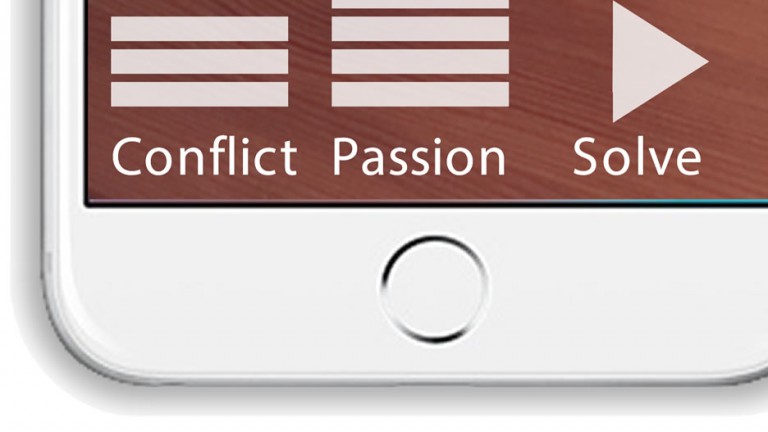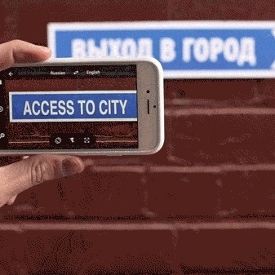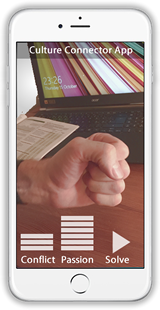The culture algorithm
Aug 16, 2015 · by Richard Farkas

Next time you are in a foreign city, use a free translator app on your phone and hold the camera up to restaurant menus and street signs. You’ll get an instant translation. It may be better than the restaurant’s own “English menu”. So how long until we can do the same to interpret cultures?

The slamming of a fist on a table, the endless layers of management to get to a decision-maker, the fatalistic defeatism of a team member – how will technology help us understand and navigate cultural behaviour?
We’re already part-way there. Algorithms are already running through culture datasets today, extracting insights into population phenomena and cultural preferences. Culture algorithms are a tool for corporations to understand consumer behaviour in different populations. Loyalty cards in the retail industry connected with tracking cookies in shop websites provide data for offers to be targeted based on algorithms which predict buying behaviour based on past purchases, locations and timing.
Cross-cultural competence algorithm
We first coded the Argonaut culture algorithm in 2001. It has been running through our data ever since. Its main task is to identify patterns in belief and behaviour and find common ground and significant gaps. Algorithms perform a wide variety of tasks in our economy and society. The job of this algorithm is to map learner input data onto different cultural situations in order to produce a personal gap analysis.
Cultural sensitivity training
Today the Argonaut algorithm is confined to personal and organisational profiling. The outputs are visualised and used in personal development programmes or in organisational development, for example in mergers, acquisitions, joint ventures and subsidiary formation. The Argonaut culture algorithm generates personal strategies against data from organisational and national cultures.
The human expertise of a cross-cultural consultant provides a vital additional layer of insight and interpretation, so the algorithm becomes a tool in coaching, training and consulting.
The culture algorithm

Augmented reality will take our tech-enabled understanding of other cultures to the next level. When we can place a layer over what we see, providing interpretation of complex cultural situations, we shall truly have achieved the vision of a cultural connector algorithm. Within the past 10 years mobile computing power, large connected data-sets, crowd sourcing and new thinking in algorithm design have given us something that seemed like magic a few years ago: the translator apps.
Inside the next 10 years we will start to see the same for culture. Every day Argonaut generates data for the community of experts, customers and individual learners to use in new ways to bring personal and social insight. You will see cultural algorithms mining new sources of data, providing pocket assistants to real time complex cultural situations. That fist hitting the table? Based on data from thousands of other fists on other tables, your app could give you a probability analysis that the conversation will end in agreement.
